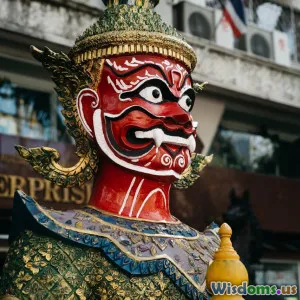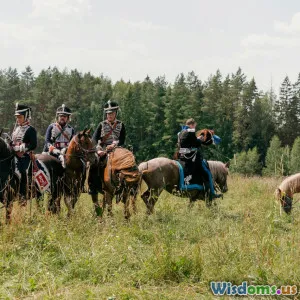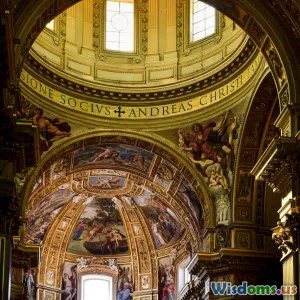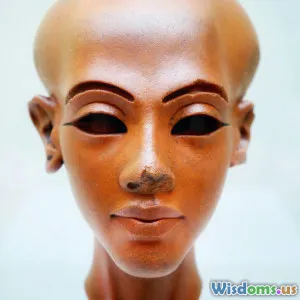
Cultural Influence of Secret Societies
6 min read Explore how secret societies shape cultural norms across history and influence modern society through symbolism, values, and community. (0 Reviews)
Cultural Influence of Secret Societies
Secret societies have long captured the imagination of the public, often shrouded in mystery and intrigue. From the Freemasons to the Illuminati, these organizations have been linked to powerful figures and pivotal moments in history. But beyond their enigmatic veneer, secret societies wield significant cultural influence, shaping societal norms, values, and practices across generations.
Historical Context of Secret Societies
The roots of secret societies can be traced back to ancient civilizations. Groups such as the Eleusinian Mysteries in Greece and the Mithraic Mysteries in Rome were exclusive religious fraternities that held esoteric knowledge and rituals. These societies provided a sense of belonging and identity, allowing members to explore spiritual truths away from the public eye. The secrecy surrounding their practices often enhanced their allure and contributed to their influence within their respective societies.
As societies evolved, so did the nature of these organizations. In the Middle Ages, guilds and fraternal orders emerged, fostering community and mutual aid among their members. The Freemasons, founded in the late 16th century, became one of the most influential secret societies, promoting Enlightenment values such as reason, liberty, and fraternity. Their impact is evident in the founding principles of modern democracies, where notions of equality and brotherhood took root.
Cultural Symbolism and Artistry
One of the most profound ways secret societies influence culture is through symbolism. Many organizations adopt unique symbols, motifs, and rituals that permeate art, literature, and architecture. The Freemasons, for instance, use symbols like the square and compass to convey moral lessons and philosophical ideals. These symbols often find their way into public monuments and artworks, subtly embedding the society's values into the cultural fabric.
Moreover, secret societies have inspired countless works of fiction, including novels, movies, and television shows. The allure of the clandestine has led authors and filmmakers to explore themes of conspiracy, power, and identity, reflecting society's fascination with these organizations. This cultural representation often shapes public perceptions and further entrenches the mystique surrounding secret societies.
Influence on Social Norms and Values
Secret societies often act as incubators for social change. They can challenge prevailing norms and foster new ideologies. For example, the early feminist movements were supported by secret societies that promoted women's rights and education. These groups provided a safe space for discourse and activism, ultimately influencing broader societal changes.
Additionally, secret societies often create networks of influence that extend beyond their immediate members. By fostering connections among individuals in positions of power—be it in politics, business, or academia—they can significantly impact decision-making processes and cultural narratives. This interconnectedness can lead to the promotion of specific values or ideologies that align with the society's mission.
Modern Secret Societies and Digital Age
In the age of technology and globalization, the nature of secret societies is evolving. New organizations are emerging, often leveraging digital platforms to connect members across the globe. These modern secret societies may focus on various issues, from environmental activism to social justice, reflecting contemporary societal challenges.
The digital landscape has also changed how information about secret societies is disseminated. With the rise of social media and online forums, conspiracy theories and myths about these organizations spread rapidly, influencing public perception. While some narratives may be exaggerated or unfounded, they underscore the enduring fascination with the power and influence of secret societies in shaping culture.
Conclusion
The cultural influence of secret societies is a complex and multifaceted phenomenon. From their historical roots to their modern incarnations, these organizations continue to shape societal norms, values, and practices. They serve as a reminder of the human quest for connection, identity, and understanding in a world often shrouded in uncertainty. As we navigate contemporary issues, the lessons and legacies of secret societies remain relevant, inviting us to reflect on the unseen forces that shape our cultural landscape.
Rate the Post
User Reviews
Other posts in Cultural Studies
Popular Posts
















